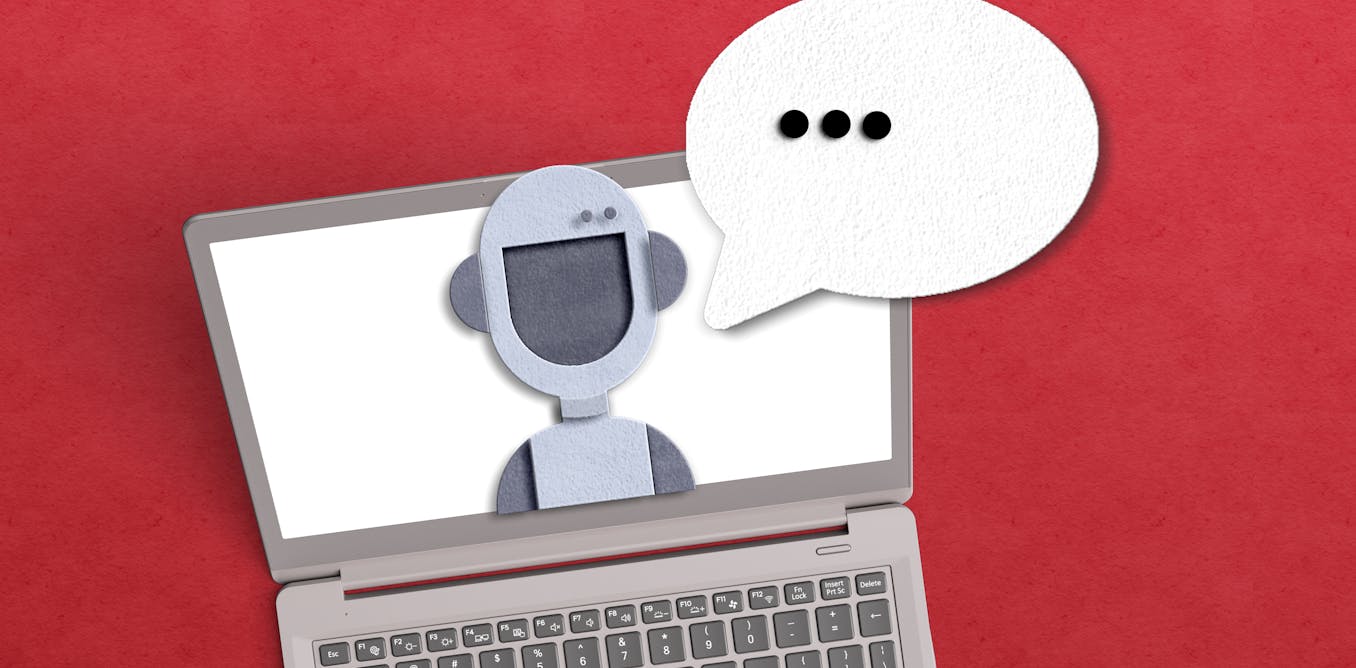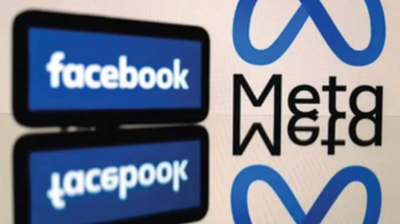Technology
Cloud, not consoles, blocks Microsoft's Activision view in UK
For all the thunder about Xbox versus PlayStation, it was the nascent cloud market that led to Britain's surprise decision to block Microsoft's record Activision Blizzard takeover.
Microsoft has been working for months to satisfy concerns about the $69 billion deal raised by Britain's ComPetition and Markets Authority (CMA), which has been increasing proactive in taking on "Big Tech" since Brexit.
The ruling - which the US company has vowed to appeal - sets a precedent for the European Commission - due to issue its own verdict next month, and the U.S Federal trade Commission.
Microsoft offered Sony a 10-year guarantee that new versions of "Call of Duty" - one of the most valuable franchises in gaming - would be available on PlayStation at the same time as on Xbox. Nintendo secured a similar deal.
That only answered the CMA's console concerns, leaving cloud gaming as the only remaining - and apparently lower - hurdle.
Defining cloud gaming is not simple.
Platform types and Business models are still evolving, and several 'gaming as a platform' services have struggled to succeed, such as Google Stadia, according to a submission to the CMA's inquiry by UCL School of Management's Joost Rietveld.
Transient technology?
Activision has not made its titles available on cloud services, calling them a "transient technology", while Microsoft, which offers the Xbox Game Pass service, has said cloud gaming is "no more than a feature".
The CMA disagreed, saying that cloud was the most rapidly growing sector in gaming, while consoles were a mature market.
It said Microsoft already accounted for 60-70% of global cloud gaming services and had other trump cards: Xbox, the leading PC operating system Windows and cloud provider Azure.
Microsoft agreed to offer some Activision Games on a number of cloud platforms, including Nvidia, Boosteroid and Ubitus.
But the CMA said Microsoft's remedies omitted rival subscription models - like a Netflix for games - or providers not using Windows on PCs.
"(Microsoft's) proposals were not effective to remedy our concerns and would have replaced competition with ineffective regulation in a new and dynamic market," it said.
Quilter Cheviot equity research analyst Ben Barringer said: "Ever since Brexit, the UK regulator has taken an actively harsh stance when it comes to anti-competitive behaviour.
"This stance is ultimately what has led to its decision to put a halt to the purchase, as it concluded that Microsoft already has a dominant position and 'cloud gaming needs a free, comPetitive market to drive innovation and choice'."
-

 Technology17h ago
Technology17h agoGet chronic UTIs? Future treatments may add more bacteria to your bladder to beat back harmful microbes
-

 Technology1d ago
Technology1d agoThe Gap Between Open and Closed AI Models Might Be Shrinking. Here’s Why That Matters
-

 Technology1d ago
Technology1d agoDenver Broncos on verge of giving fans faster internet as it installs Wi-Fi 6E at stadium
-

 Technology2d ago
Technology2d agoAsking ChatGPT vs Googling: Can AI chatbots boost human creativity?
-

 Technology2d ago
Technology2d agoUnderstanding Retrieval-Augmented Generation (RAG): The Future of AI-Powered Information Retrieval and Response Generation
-

 Technology3d ago
Technology3d agoCanva down: Users report major disruptions in editing, downloading images | The Express Tribune
-

 Technology4d ago
Technology4d agoUranus: 243 years later, new discoveries challenge what we thought we knew | The Express Tribune
-

 Technology4d ago
Technology4d agoTaurid meteor shower set to light up UK skies over next two nights | The Express Tribune



























